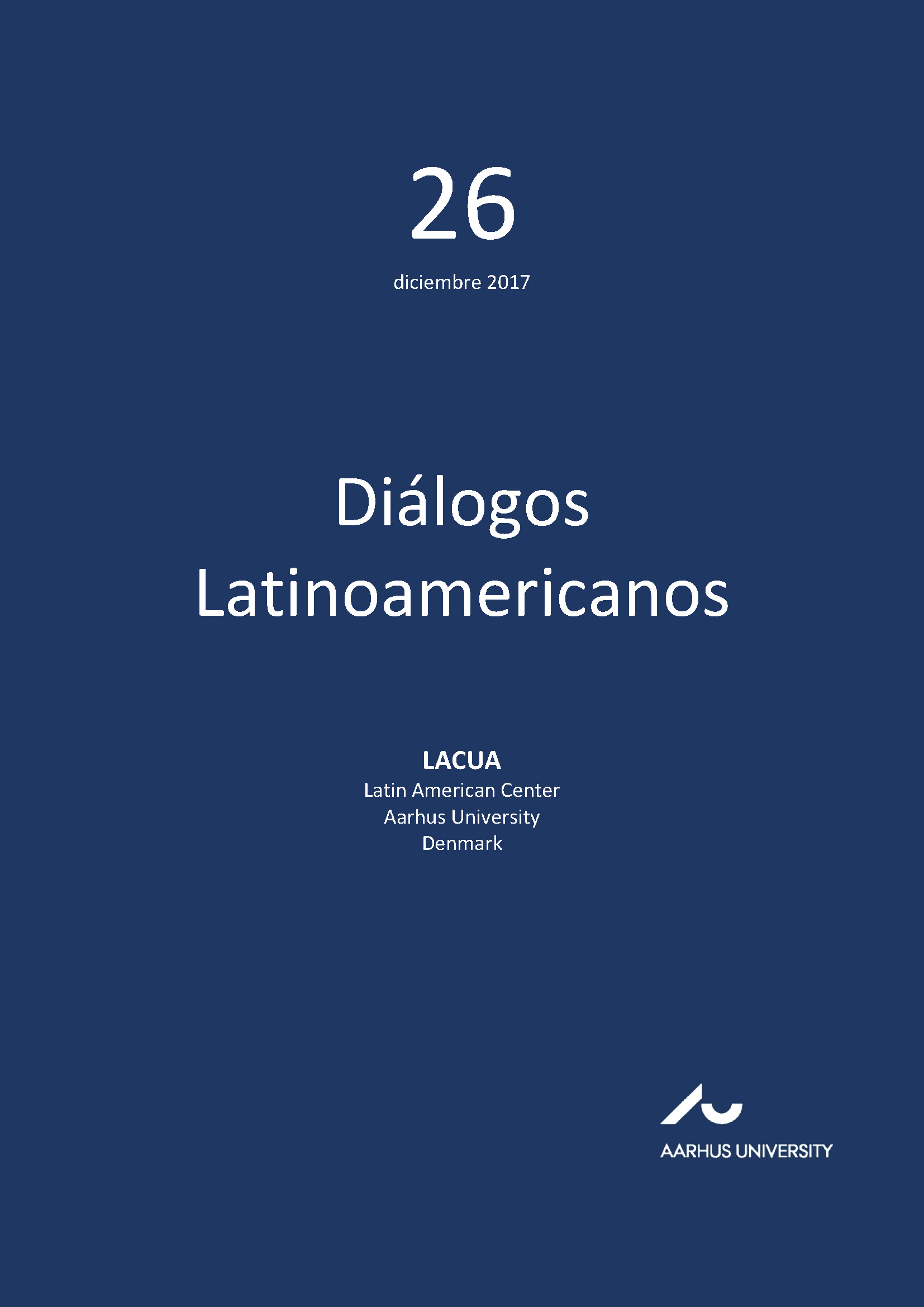Redes sociais e educação informal
entre o scemo del villaggio e o pensamento crítico
DOI:
https://doi.org/10.7146/dl.v18i26.112727Keywords:
scemo del villaggio, social networks, critical thinking, Arendt, SantaellaAbstract
This article begins with the controversial statement given by Umberto Eco in Turin in June 2015, for whom the internet, and particularly its social networks, gave voice to a legion of idiots; that is, it gave space and visibility to the scemo del villaggio. In the first part of this article we draw on the writings of Santaella and Arendt, critically discussing social networks as public spaces of informal education that enables critical thinking or, on the contrary, promotes non-questioning amplifying the manifestation of forms of violence and the lack of ethical relations. The second part of this article analyses the impact that social networks had on two cases of violence, a lynching and a rape, that occurred respectively in Brazil in 2015 and 2016.
References
Arendt, H. (2002) A dignidade da política: ensaios e conferências. 3ª ed. Rio de Janeiro: Relume-Dumará.
Arendt, H. (2004) A condição humana. Rio de Janeiro: Forense Universitária.
Arendt, H. (2006) Eichmann in Jerusalem: A Report on the Banality of Evil. New York: Penguin Books (Peguin classics).
Arendt, H. (2004b) Responsabilidade e julgamento. São Paulo: Companhia das Letras.
Arendt, H. (1981) The Life of The Mind: the Groundbreaking Investigation on how we think. New York: Harcourt.
Arendt, H. & Scholem, G. (1978) ‘Eichmann in Jerusalem: An Exchange of Letters between Gershom Scholem and Hannah Arendt’, in R. H. Feldman (ed.) The Jew as Pariah: Jewish Identity and Politics in The Modern Age. New York: Grove Press, 240-251.
Arendt, H. (2007) ‘A Guide for Youth: Martin Buber’, in J. Kohn & R. H. Feldman (eds.) The Jewish Writings. New York: Schocken Books, 31-33.
Bauman, Z. (2006) Modernidade líquida. Buenos Aires: Fondo de Cultura Econômica de Argentina S.A.
Boechat, B. (2016) Assaltante é amarrado em poste e espancado até a morte em São Luís [documento WWW]. URL http://extra.globo.com/casos-de-policia/assaltante-amarrado-em-poste-espancado-ate-morte-por-pedestres-em-sao-luis-16686215.html [acesso em 15 de junho 2016].
Buber, M. (1961) ‘Dialogue’, in Between Man and Man. London and Glasgow: Collins.
Coombs, P. H.; Prosser, C. & Ahmed, M. (1973) New Paths to Learning for Rural Children and Youth, New York: International Council for Educational Development.
El Pais Brasil (2016) Novo vídeo confirma a versão da vítima de estupro coletivo no Rio
[documento WWW]. URL
http://brasil.elpais.com/brasil/2016/06/06/politica/1465227662_072190.html [acesso
em 15 de junho 2016].
Extra (2016a) Capas do Jornal Extra [documento WWW]. URL http://extra.globo.com/capasjornal-
extra/2015-07-80-16697954.html?mesSelecionado=Jul&ano=2015 [acesso em 15
de junho 2016].
Extra (2016b) Internautas divergem sobre linchamento de assaltante no Maranhão
[documento WWW] URL http://extra.globo.com/casos-de-policia/internautas-divergemsobre-
linchamento-de-assaltante-no-maranhao-16702348.html [acesso em 15 de junho
2016].
Guilherme, A. (2015): ‘Michel Serres’ Le Parasite and Martin Buber’s I and Thou: Noise in
Informal Education Affecting Dialogue Between Communities in Conflict in the Middle
East’, Educational Philosophy and Theory 47(10): 1052-1068.
JC Online (2016) Vítima de estupro por 33 homens, garota tem vida exposta na internet
[documento WWW]. URL
http://jconline.ne10.uol.com.br/canal/mundo/brasil/noticia/2016/05/27/vitima-deestupro-
por-33-homens-garota-tem-vida-exposta-na-internet-237715.php [acesso em
15 de junho 2016].
Lévy, P. (1996) O que é virtual? Rio de Janeiro: Editora 34.
López Gil, M. M. & Angulo Rasco, F. (2015) ‘Sonorona o el rizoma de la cultura digital: um
estudio de caso’. Revista Portuguesa de Educação 28(1): 9-33.
Matsuki, E. (2016) Caso de 33 homens e menina de 16 anos não foi estupro coletivo #boato
[documento WWW]. URL http://www.boatos.org/brasil/menina-de-16-anos-estuprocoletivo-
boato.html [acesso em 15 de junho 2016].
Min Son, K. (2013) ‘Walter Benjamin’s Politics of Experience’. Constellations 20(4): 615-629.
Nye, A. (1994) ‘Between Past and Future’, in Philosophia: The Thought of Rosa Luxembourg,
Simone Weil, and Hannah Arendt, New York and London: Routledge.
O Globo. (2014) SBT: ementário polêmico de Rachel Sheherzade é de responsabilidade dela
[documento WWW]. URL http://oglobo.globo.com/cultura/revista-da-tv/sbtcomentario-
polemico-de-rachel-sheherazade-de-responsabilidade-dela-11524549
[acesso em 15 de junho 2016].
Olhar Digital. (2014) 89 milhões de brasileiros acessam o Facebook [documento WWW]. URL
http://olhardigital.uol.com.br/noticia/89-milhoes-de-brasileiros-acessam-ofacebook/
43687 [acesso em 15 de junho 2016].
Platão (2007) Diálogos II: Górgias (ou da retórica), Eutidemo (ou da disputa), Hípias Maior
(ou do belo), Hípias Menor (ou do falso). Bauru: EDIPRO.
Ponte (2016) Policiais expõem e ridicularizam adolescente vítima de estupro coletivo
[documento WWW]. URL http://ponte.org/adolescente-estuprada-exposta/ [acesso em
15 de junho 2016].
Príncipe, P. (2011) Brasil já o segundo país em contas no Twitter [documento WWW]. URL
http://www.infobrasil.inf.br/noticia/brasil-ja-e-o-segundo-pais-em-numero-de-contasno-
twitter [acesso em 15 de junho 2016].
Rodrigues, N. (1995) A cabra vadia. São Paulo: Companhia das Letras.
Safernet Brasil (2016) SaferNet Brasil [documento WWW]. URL
https://twitter.com/safernet/status/735489919569657858 [acesso em 15 de junho
2016].
Santaella, L. (2013) Comunicação ubíqua: repercussões na cultura e na educação. São Paulo:
Paulus.
Serres, M. (2007) The Parasite. Minneapolis: Minneapolis University Press.
Smith, M. K. (2014) ‘Informal, Non-Formal and Formal Education: A Brief Overview of
Different Approaches’, in The Encyclopedia of Informal Education [documento WWW].
URL http://www.infed.org/foundations/informal_nonformal.htm [acesso em 08 de julho
2016].
Sorj, B. (2016) ‘A convivência democrática como politeísmo de valores’. Estudos Avançados
30(86): 133-145.
Tomasevicius Filho, E. (2016) ‘Marco Civil da Internet: uma lei sem conteúdo normativo’.
Estudos Avançados 30(86): 269-285.
Villela Pereira, M. (2015) ‘Crítica e tolerância: considerações sobre diversidade, diferença e
indiferença’. Diálogos Latinoamericanos 24: 14-24.
Zizek, S. (2006) ‘Is this Digital Democracy, or A New Tyrany of Cyberspace?’, in The Guardian,
30 dez. 2006 [documento WWW]. URL
www.theguardian.com/commentisfree/2006/dec/30/comment.media [acesso em 12 de
julho 2016].
Downloads
Published
How to Cite
Issue
Section
License
Counting from volume 31 (2022), articles published in Diálogos Latinoamericanos are licensed under CC-BY 4.0. Read more about the license terms here https://creativecommons.org/licenses/by/4.0/.
No Creative Commons license applied on volumes 1-30. All rights reserved by the authors. Readers may download, read, and link to the articles, but they cannot republish the articles.
With the publication of volume 31 (2022), authors retain the full copyright to their articles and give Diálogos Latinoamericanos the right to the first publication. Authors also retain copyright to earlier versions of manuscripts, such as the submitted (pre-print) and the accepted manuscript (post-print).
Copyright to articles published in volumes 1-30 is held by the authors.





